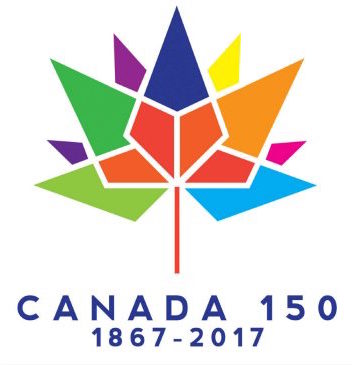 New writers are using mentorship opportunities to create and share more diverse and inclusive stories about Toronto’s history and culture.
New writers are using mentorship opportunities to create and share more diverse and inclusive stories about Toronto’s history and culture.
“What we want to do is to create a living history of Toronto through literature [and] make it as diverse as the city itself,” says Helen Walsh, the president of Diaspora Dialogues – a charitable society made up of writers, artists and performers.
“I’m not surprised that there are at least 50 to 60 countries represented through Diaspora Dialogues – lots of voices from Asia, Africa and Northern Europe,” Walsh adds. “Often, people write about their own cultural background and we want to bring Toronto to life through literature.”
Mentoring new writers
Toronto’s iconic Old City Hall, a national historic site, was the stage for Diaspora Dialogues during Doors Open Toronto, an event that offers access to buildings with historical significance across the city.
“Often, people write about their own cultural background and we want to bring Toronto to life through literature.”
Jamaican-born and Ottawa-raised emerging writer Dianah Smith is one of 12 writers who presented their work at Old City Hall. As a teacher and arts educator, Smith joined Diaspora Dialogues in 2014 for its mentoring program, in which she paired-up with Jamaican-Canadian writer and media professional Martin Mordecai.
“For about six months, he helped me to get into [a] schedule of my draft and first novel, finalizing some of the scenes of my manuscript to get it ready for publication,” Smith says about her experience as a mentee.
“It’s a story about a seven-year-old girl, Jemela Campbell, and her experience in immigrating from Jamaica to Canada and her first year in Canada,” Smith explains.
The excerpt she reads is from the novel, with a working title The Promise of Foreign, which explores some of the challenges newcomer parents face in Canada such as finding work and keeping jobs.
“As a racialized person of colour, as an immigrant, you don’t really feel represented in the publishing world.”
Seeking recognition as writers
“As a racialized person of colour, as an immigrant, you don’t really feel represented in the publishing world,” Smith explains. “You have names like Margaret Atwood, mainly white and middle-class people.”
She says that while Diaspora Dialogues does not restrict white writers from participating, it also tries “to have alternative voices to give immigrants and indigenous people the opportunity to share their stories.”
Author Mia Herrera adds that working in the Canadian publishing and writing industry is precarious.
“A writer who publishes regularly makes a salary of about $12,000 a year. You can’t make a living on that,” she says.
Born to Filipino parents, Herrera now lives in Bradford, Ont. She works in communications and marketing and says she continues to write because it is her passion.
Smith says she is still in the process of finding an interested publisher for her novel. While her mentorship program ended last fall, she continues to participate in other programs led by Diaspora Dialogues such as Lunch and Learn events, workshops about pitching to agents, as well as mentee book readings such as the one at Old City Hall.
“These questions arise regularly for her, particularly as she lives in such a racially-charged town as Georgina.”
Placing immigrants in Toronto’s history
After working with her mentor, writer David Layton, Herrera had her first novel Shade published by an independent feminist publisher, Inanna Publications.
Shade tells the story of a Filipino-Canadian woman named Benni from the small town of Georgina, Ont., and her trip to the Philippines to visit her father.
“Georgina is a town in York region about an hour-and-a-half north of here that is somewhat notorious for racist acts – disputes about flying the Confederate flag in schools and repeated incidents of racially-driven assaults,” Herrera tells the audience at Old City Hall.
Georgina was the site of attacks against Asian Canadian fishermen in 2007, which involved car chases, damaged fishing gear, and anglers of Asian descent being pushed into the water.
The scene Herrera reads is from the beginning of the novel about a breakup between Benni and her long-time Chinese-Canadian boyfriend, Tom. Instead of hearing a proposal, Benni is shocked to learn that Tom has hesitations about their future together because he is concerned about how Benni’s race will affect him and his family’s business.
“As you will find in this scene and throughout my novel, Benni deals with questions of race and what it means to be a visible minority and second-generation immigrant in Canada,” Herrera says. “These questions arise regularly for her, particularly as she lives in such a racially-charged town as Georgina.”
“Her experiences in the Philippines allow her to take the long view of not just her life in Georgina, but of her life in Canada, and what it means to be Canadian,” she adds.
Shan is a photojournalist and event photographer based in Toronto with more than a decade of experience. From Beijing Olympic Games to The Dalai Lama in Exile, she has covered a wide range of editorial assignments.





